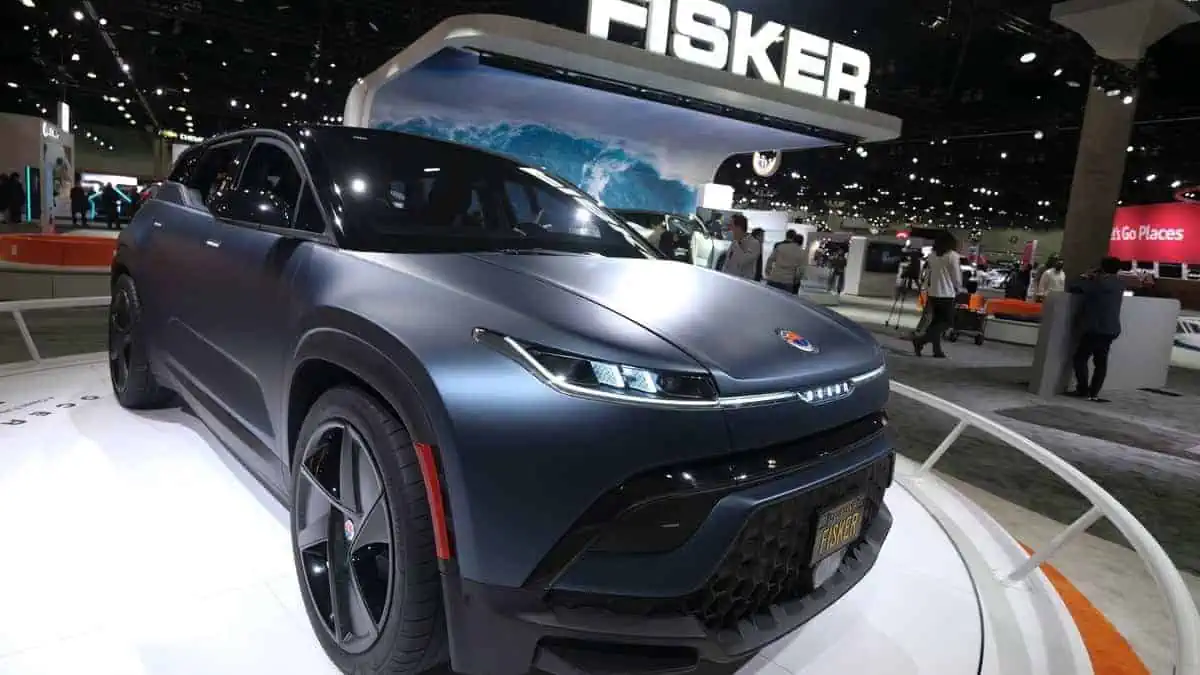Researchers from the University of Cambridge have recently developed a machine learning algorithm that could help reduce electric vehicles‘ charging times and prolong their battery life by predicting the effect of driving patterns on battery performance which improves safety and reliability, according to Driven.
The researchers believed that by suggesting routes and driving patterns that reduce battery consumption and charging times, their newly developed algorithm could help the automotive industry in reaping the full benefits from the batteries.
Aside from this, Cambridge researchers have also developed a non-invasive way to check a battery’s health. At the same time, the data gathered from this is fed into the algorithm to predict how various driving patterns affect the battery’s future health.
Battery health, like human health, is a multi-dimensional thing, and it can degrade in lots of different ways,” said Penelope Jones, from Cambridge’s Cavendish Laboratory and the first author of the report.
“Most methods of monitoring battery health assume that a battery is always used in the same way. But that’s not how we use batteries in real life. If I’m streaming a TV show on my phone, it’s going to run down the battery a whole lot faster than if I’m using it for messaging. It’s the same with electric cars – how you drive will affect how the battery degrades.”
“Most of us will replace our phones well before the battery degrades to the point that it’s unusable, but for cars, the batteries need to last for five, ten years or more,” said Dr Alpha Lee, who led the research.
“Battery capacity can change drastically over that time, so we wanted to come up with a better way of checking battery health.”
Lithium cobalt oxide (LCO) cells were the focus of tests with 88 commercial batteries, demonstrating that the algorithm could produce an accurate prediction without any knowledge of the battery’s prior usage.
“This method could unlock value in so many parts of the supply chain, whether you’re a manufacturer, an end user, or a recycler, because it allows us to capture the health of the battery beyond a single number, and because it’s predictive,” added Lee.
“It could reduce the time it takes to develop new types of batteries, because we’ll be able to predict how they will degrade under different operating conditions.”
The Cambridge researchers further believe that their newly developed machine learning algorithm could help businesses with large EV fleets, aside from the benefit it offers to drivers and manufacturers.






